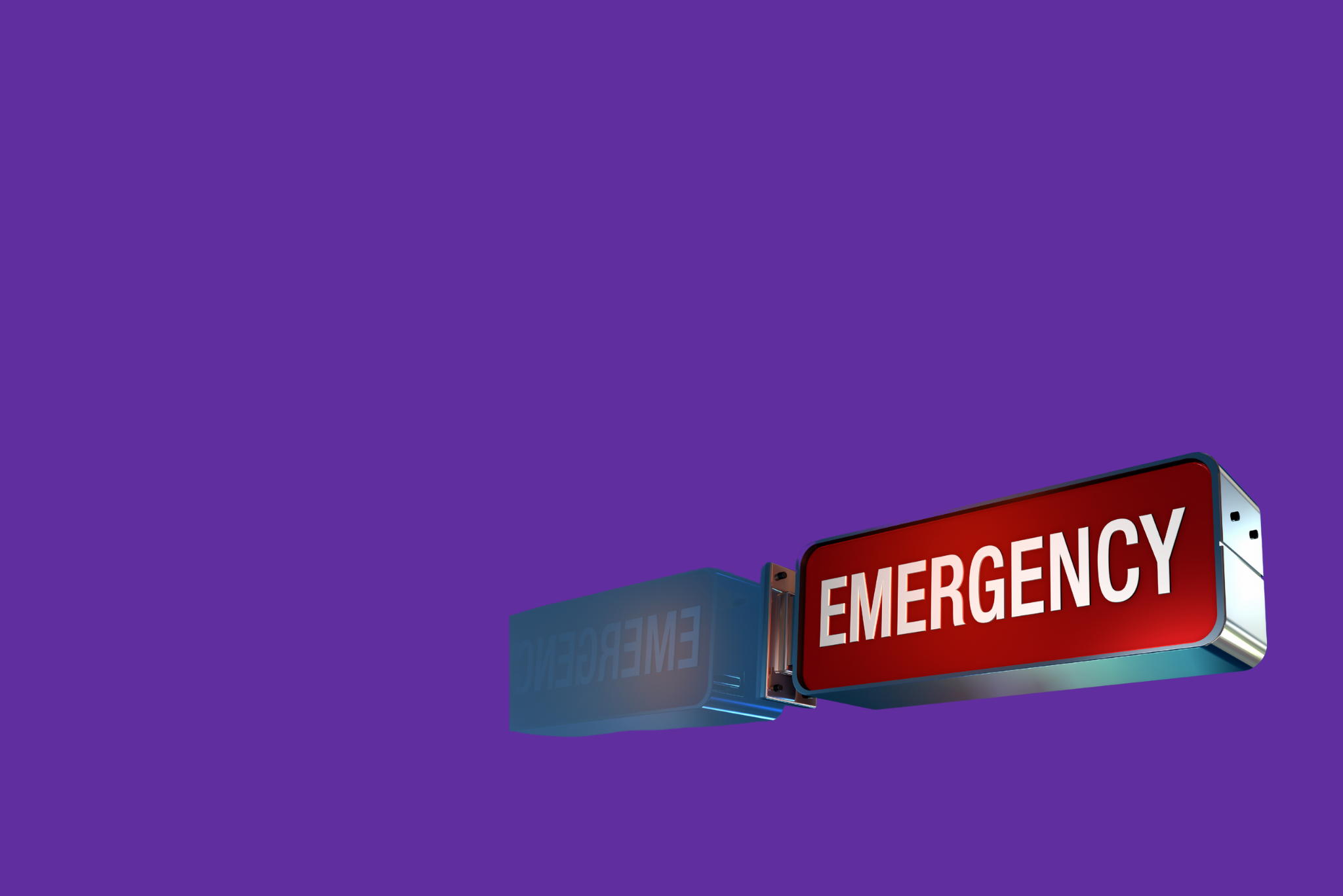overview
Conditions like seizures, severe allergic reactions, dehydration, respiratory distress, and high fever are frequently seen in emergency settings. Prompt diagnosis and immediate treatment are essential to prevent complications.
Children are more vulnerable to airway obstruction and respiratory failure. Emergency care involves ensuring a clear airway, providing oxygen, and in critical cases, performing intubation or assisted ventilation.
Symptoms & Diagnosis
Trauma from falls, accidents, or sports injuries requires careful handling to avoid further damage. Fractures, wounds, and head injuries are managed with appropriate imaging, splinting, wound care, and sometimes surgery.
- Rapid Assessment and Stabilization
- Management of Common Pediatric Emergencies
- Pediatric Airway and Breathing Support
- Treatment of Injuries and Fractures
- Shock and Fluid Resuscitation
- Pain Management and Sedation




